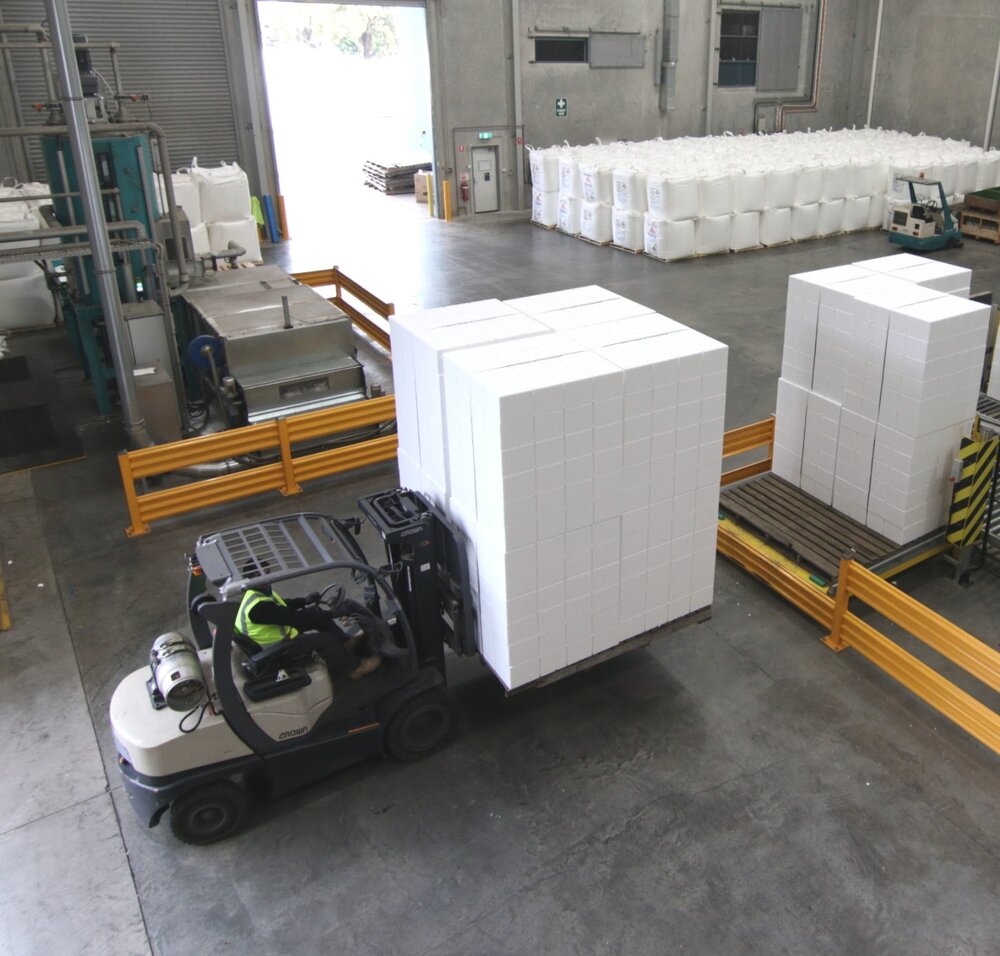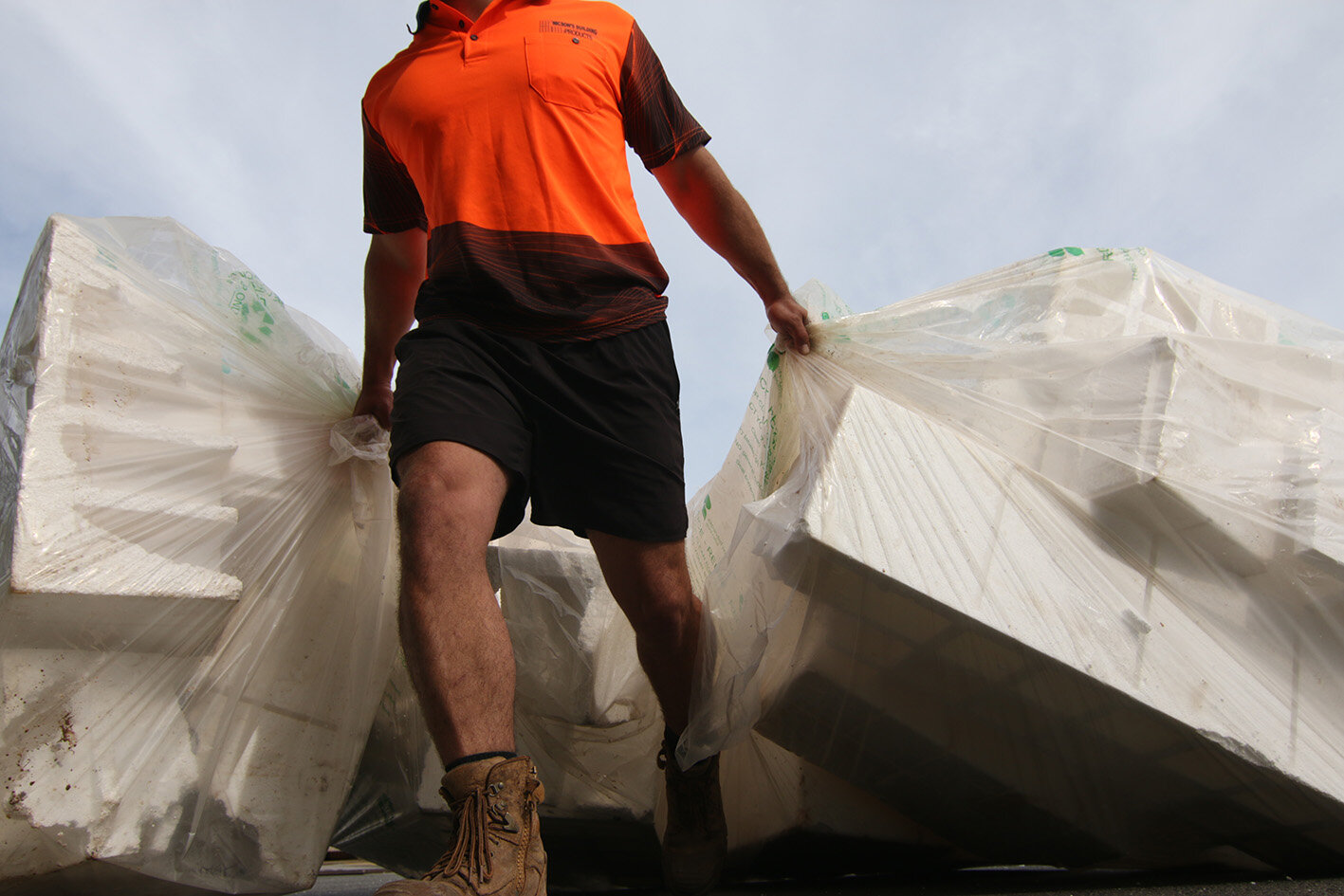EPS (expanded polystyrene) is a cost-effective solution for many temperature sensitive shipments. EPS is often referred to as "Styrofoam", but this refers to Styrofoam® and it is incorrect to label an EPS container with this incorrect name.
Many people in the industry refer to EPS tanks as "coolant" to differentiate them from other types of tanks. EPS containers are considered the workhorse of the industry, accounting for up to 80% of temperature-controlled shipments each year. You can browse this website nicsonsbp.com.au/eps-recycling for the best EPS solution.
Production can produce many types of containers of all sizes. EPS typically has an R value between 3.5 and 5 depending on the density and size of the EPS beads used, but it is a little known fact that the R value of EPS is slightly higher at lower temperatures than at room temperature.

Some in the industry would argue that the thermal properties of a well made 6 panel EPS tank are the same as that of a molded EPS tank and in some respects they are right.
An undisturbed, snug, 6-panel EPS receptacle placed in the test chamber can perform as well as a similarly sized molded receptacle. However, this beautiful setting is unrealistic given the dangers of shipping. The dangers that packages experience on their way through the distribution system are well known in the shipping industry.
Would you expect a 6-panel EPS case to have good thermal performance after being dropped 16 inches three times? Lowering the angle between the EPS panels can create a significant gap, resulting in a dramatic decrease in the R value, as most companies cannot guarantee their package will not be dropped at some point during shipping, preferring to find out, which starts with a high quality printed EPS container.
